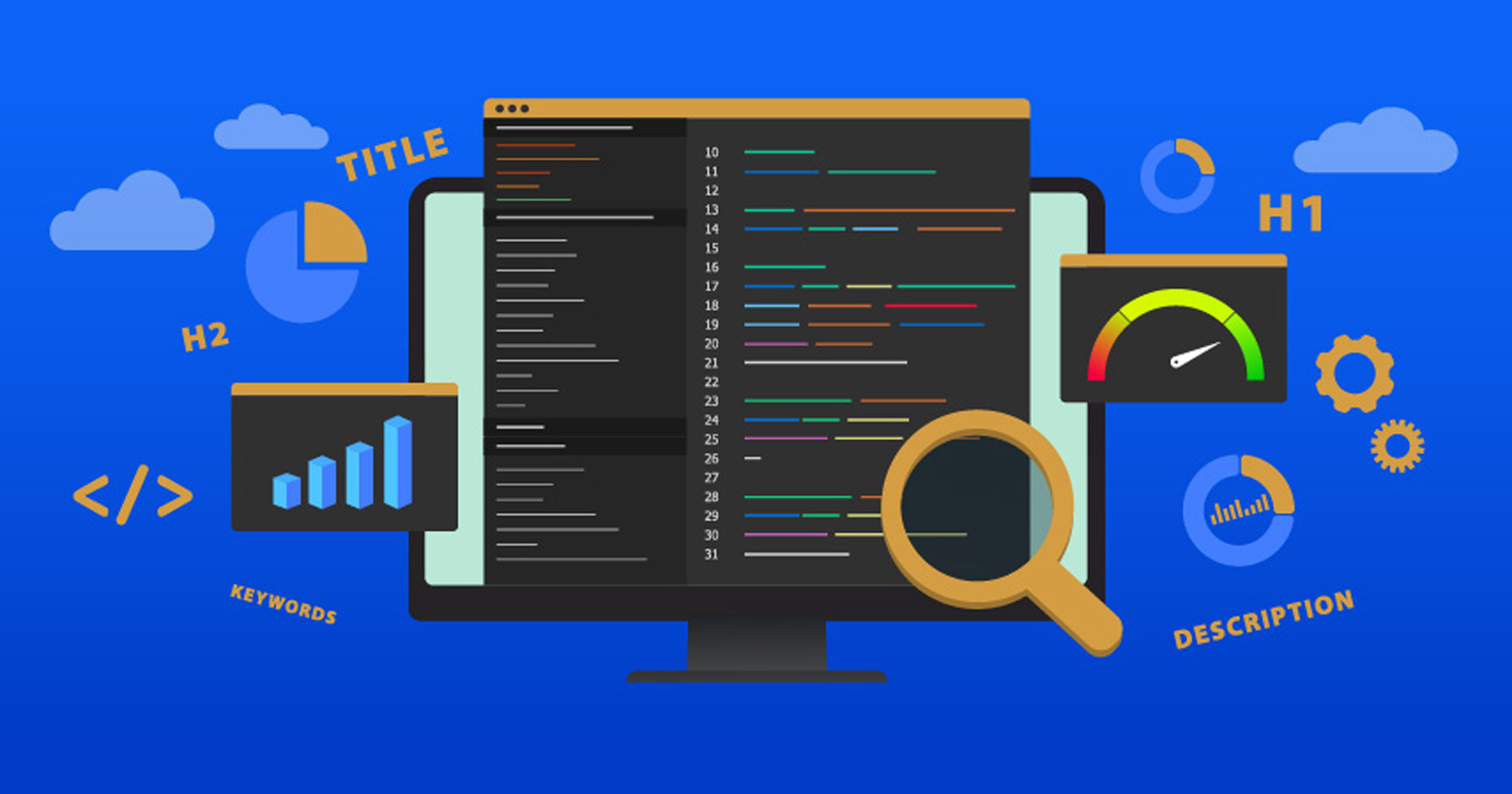
Search Engine Optimization (SEO) is a crucial aspect of digital marketing. It involves strategies and techniques used to increase the visibility and ranking of a website on search engine results pages (SERPs). While there are different components to SEO, on-page optimization plays a significant role in improving your website's search engine rankings.
Understanding On-Page Optimization
On page optimisation seo refers to the process of optimizing individual web pages to rank higher and earn more relevant traffic in search engines. By focusing on on-page factors, you can improve your website's visibility, relevance, and authority in the eyes of search engines like Google. Here are some key elements of on-page optimization:
1. Content
- Create high-quality, relevant, and engaging content that provides value to your target audience.
- Include target keywords naturally in your content to improve search engine visibility.
- Ensure your content is well-structured, organized, and easy to read for both users and search engines.
2. Meta Tags
- Optimize your title tags with relevant keywords to improve click-through rates and search engine rankings.
- Write compelling meta descriptions that encourage users to click on your search listings.
- Use header tags (H1, H2, H3, etc.) to structure your content and improve readability.
3. URL Structure
- Create SEO-friendly URLs that are short, descriptive, and include target keywords.
- Avoid using numbers and special characters in your URLs, and use hyphens to separate words.
- Include relevant keywords in your URLs to improve search engine visibility.
Best Practices for On-Page Optimization
Now that you understand the key elements of on-page optimization, here are some best practices to help you master on-page SEO for success:
1. Conduct Keyword Research
Keywords are the foundation of SEO. Conduct thorough keyword research to identify the terms and phrases your target audience is using to search for products or services related to your business. Use tools like Google Keyword Planner, SEMrush, or Ahrefs to discover relevant keywords with high search volume and low competition.
2. Optimize Page Titles and Meta Descriptions
Page titles and meta descriptions are the first things users see in search engine results. Make sure your titles and meta descriptions are compelling, relevant, and include target keywords. Keep your titles under 60 characters and meta descriptions under 160 characters to ensure they display correctly in search results.
3. Create High-Quality Content
Content is king in the world of SEO. Create high-quality, relevant, and engaging content that provides value to your audience. Use a mix of text, images, and videos to make your content visually appealing and easy to consume. Regularly update your content to keep it fresh and relevant.
4. Optimize Images
Images play a crucial role in on-page optimization. Optimize your images by using descriptive file names, alt text, and captions that include relevant keywords. Compress your images to reduce page load times and improve user experience. Use responsive images that scale properly on all devices.
Monitoring and Measuring On-Page Optimization
Monitoring and measuring the performance of your on-page optimization efforts is essential to track your progress and make data-driven decisions. Here are some key metrics to monitor:
1. Organic Traffic
Monitor the amount of organic traffic your website receives from search engines. Track the number of visitors, page views, and conversion rates to measure the effectiveness of your on-page optimization strategies.
2. Keyword Rankings
Track the rankings of your target keywords in search engine results pages. Use tools like Google Search Console, SEMrush, or Moz to monitor keyword rankings and identify opportunities for improvement.
3. Bounce Rate
Monitor the bounce rate of your web pages to understand how engaging and relevant your content is to users. A high bounce rate indicates that users are leaving your site quickly, which may signal a need for improvement in your content or user experience.
Conclusion
Mastering on-page optimization is essential for improving your website's search engine rankings and driving more relevant traffic to your site. By following the best practices outlined in this guide and monitoring key metrics, you can optimize your web pages for success in the competitive world of SEO.